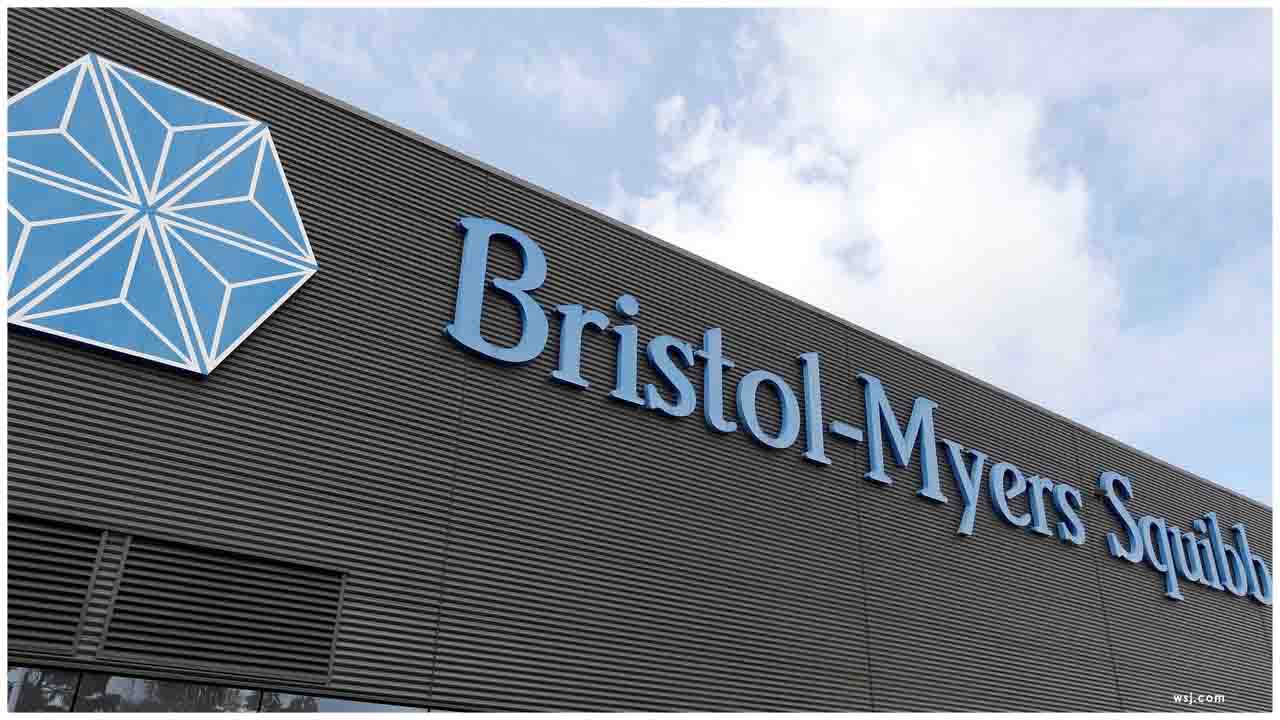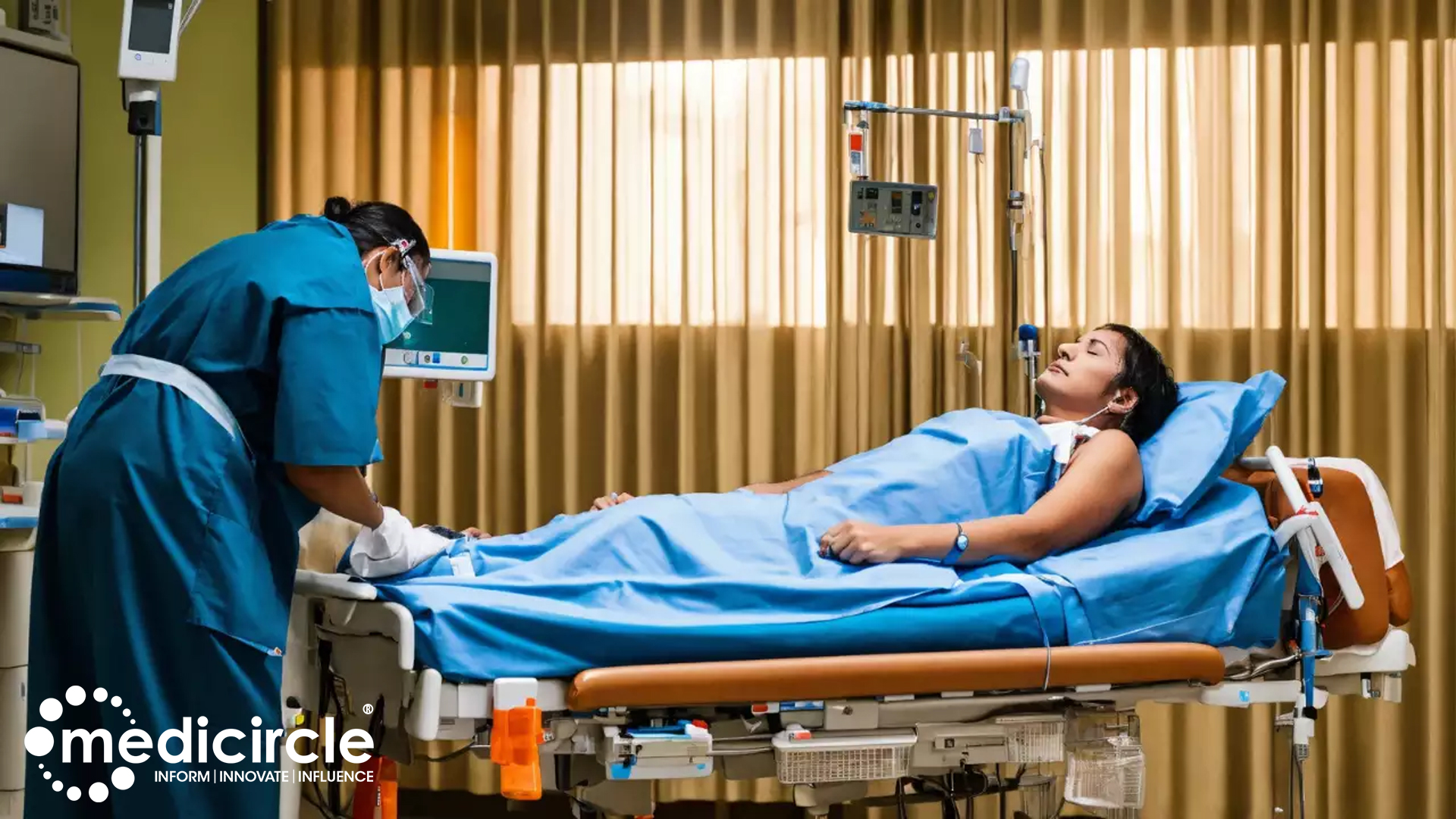Bristol Myers Squibb recently announced that the Phase 3 IDHENTIFY study evaluating IDHIFA (enasidenib) plus best supportive care (BSC) versus conventional care regimens, which include best supportive care (BSC) only, azacitidine plus BSC, low-dose cytarabine plus BSC or intermediate-dose cytarabine plus BSC, did not meet the primary endpoint of overall survival (OS) in patients with relapsed or refractory acute myeloid leukemia (R/R AML) with an isocitrate dehydrogenase-2 (IDH2) mutation. The safety profile of IDHIFA was consistent with previously reported findings. The company will complete a full evaluation of the IDHENTIFY data and work with investigators to present detailed results at a future medical meeting.
“While we are disappointed by the outcome of the IDHENTIFY study, we remain confident in IDHIFA’s established role as a treatment option for patients with relapsed or refractory AML with an IDH2 mutation and are grateful to all those who participated in the study,” said Noah Berkowitz, M.D., Ph.D., senior vice president, Global Clinical Development, Hematology, Bristol Myers Squibb. “AML is one of the most difficult-to-treat blood cancers, and we’re committed to furthering our research and improving on the standards of care for patients living with this aggressive disease.”
In August 2017, Bristol Myers Squibb received full approval in the U.S. for IDHIFA for the treatment of adult patients with R/R AML with an IDH2 mutation as detected by a U.S. Food and Drug Administration (FDA)-approved test. IDHIFA is the first and only FDA-approved therapy for patients with R/R AML and positive for an IDH2 mutation, which represents up to 19 percent of AML patients. IDHIFA is also approved in Australia and Canada.
IDHENTIFY (NCT02577406) is an international, multicenter, open-label, randomized, Phase 3 study comparing the efficacy and safety of AG-221 versus conventional care regimens (CCRs), which include continuous 28-day cycles of best supportive care (BSC) only, azacitidine subcutaneously (SC) plus BSC, low-dose cytarabine SC plus BSC, or intermediate-dose cytarabine intravenously plus BSC, in subjects 60 years or older with acute myeloid leukemia (AML) refractory to or relapsed after second- or third-line AML therapy and positive for an isocitrate dehydrogenase (IDH2) mutation. The primary endpoint of the study was overall survival. Key secondary endpoints included overall response rate, event-free survival, duration of response and time to response.
About Acute Myeloid Leukemia :
Acute myeloid leukemia (AML) is the most common type of acute leukemia. AML starts in the bone marrow but moves quickly into the blood. Unlike in normal blood cell development, in AML, the rapid buildup of abnormal white blood cells in the bone marrow may interfere with the production of normal blood cells, resulting in decreased healthy white blood cells, red blood cells and platelets. AML is a complex, diverse disease associated with multiple genetic mutations, such as the isocitrate dehydrogenase-2 (IDH2) mutation, and usually worsens quickly and can lead to death if not treated. IDH2 mutations are present in up to 19 percent of AML cases. AML has a high relapse rate, meaning following patients' initial response to treatment, their disease is likely to return, signifying an unmet need for targeted therapy options. The worldwide incidence of AML is estimated to be over 350,000 cases. In the United States, there will be an estimated 21,450 new cases of AML this year, with an estimated 10,920 deaths resulting from the disease.

 Bristol Myers Squibb provides update on phase 3 IDHENTIFY trial in patients with relapsed or refractory acute myeloid leukemia
Bristol Myers Squibb provides update on phase 3 IDHENTIFY trial in patients with relapsed or refractory acute myeloid leukemia



































